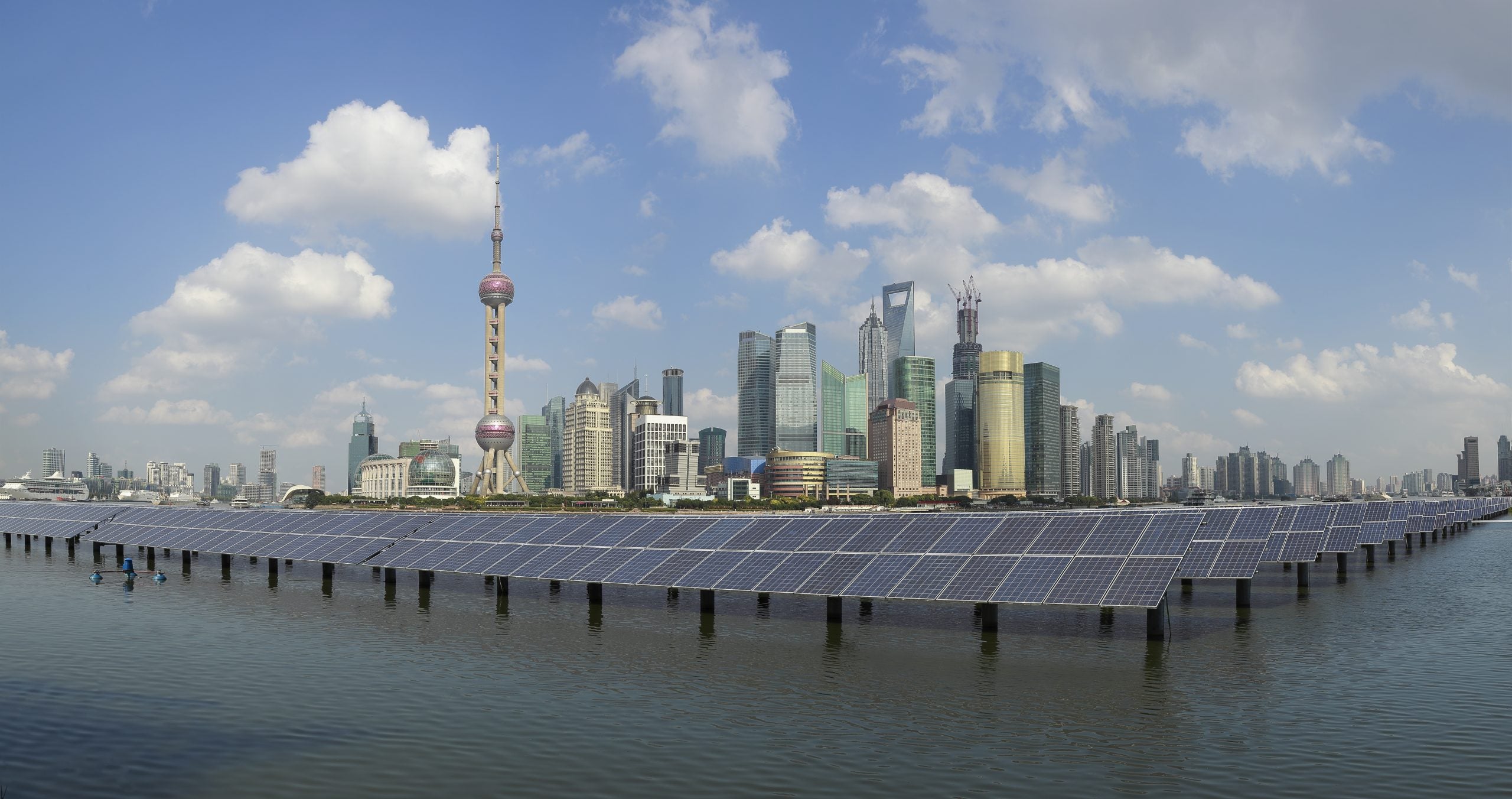A shift in ambition, narrative, global cooperation and likely support for mitigation in least-developed countries
The announcement by President Xi Jinping at the UN General Assembly last month makes me optimistic.
First, on its own, achievement of this goal will contribute to a reduction in expected future temperature by 0.2 to 0.3 degrees.
Second, having a clear and ambitious end goal will shift the narrative within China from incremental slowing of emissions growth and reductions in some sectors to a focus on how emissions can be eliminated entirely (or close to it).
A vision of transformation toward a low-emissions China will complement the vision of a “Beautiful China.” Pollution control efforts are highly complementary with climate mitigation actions – e.g. moving to renewable energy from fossil fuels, restoring ecosystems – and can dramatically improve the wellbeing of the Chinese people. A clear and attractive vision can mobilize a wider community to seek and implement the multitude of small and large changes needed. It will increase confidence in the future of China’s new national ETS, the strengthening of which will almost inevitably need to be part of China’s strategy. That confidence will make the ETS more effective by generating realistic prices and greater certainty for investors.
Third, it changes the climate cooperation ‘game’, significantly.
Economists think of climate cooperation as a game because each player’s (in this case country’s) decisions depends on what they think other players/countries will do – like chess, or rugby. China’s latest ‘move’ responds to others’ earlier moves and anticipates and will influence later ones. Global cooperation on climate change is hard, because of temptations to free-ride. We can use game theory to explore ways to improve humanity’s odds of a good outcome. We know that humans can sometimes cooperate when it’s a repeated ‘game’ – we get many chances to try to cooperate, observe others, reward or sanction and then try again.
And it’s not a binary outcome where we either win or lose. Any level of cooperation is better than nothing. It might be optimal to aim for no more than 1.5 degrees above pre-industrial temperatures but even if we don’t achieve that, 2 degrees would be better than 2.5 degrees.
Cooperation is easier when some players take leadership, and that’s what China has done. They are not the first emerging economy to set a net-zero target (Bhutan, Chile, Costa Rica, Fiji, the Marshall Islands and South Africa are examples of others), but China’s size makes its announcement a game changer in several ways. The Chinese have shifted the focal point for emerging country contributions to a more ambitious level.
In addition, the rewards to other countries from helping to encourage and sustain China’s efforts rise – if they act in ways that lead China to draw back from this commitment there is more to lose. The costs of mitigation will fall as China learns and shares its new knowledge and technology. Finally, there is less risk that efforts to lower emissions in one country will lead to movement of high emitting-activity to China thereby having no global impact.
Fourth, it means that China, a really large player, will now need to engage even more seriously in helping less developed countries accelerate their mitigation.
Reaching net-zero will be much easier for the Chinese if they can buy high-quality internationally transferable mitigation outcomes (new United Nations Paris Agreement language for international credits). Their engagement in this market could firm up the rules and, critically, mobilize the skills and financial and technical resources that the poorer countries who could credibly sell such credits will need to embark on their own transformational emission reductions journeys.
As China mitigates more aggressively domestically it will develop technology and know-how that it can also export, as it has already on a smaller scale. Some exports will be particularly useful for countries where lower-cost Chinese technology, such as electric buses or cars might be more attractive than expensive European or North American ones. China’s Belt and Road Initiative offers a critical mechanism that can be turned to this purpose. If China can help poor countries develop strong mitigation policies, through strong South-South cooperation, they could transform global cooperation further and strengthen markets for this technology. This would make me even more optimistic.










